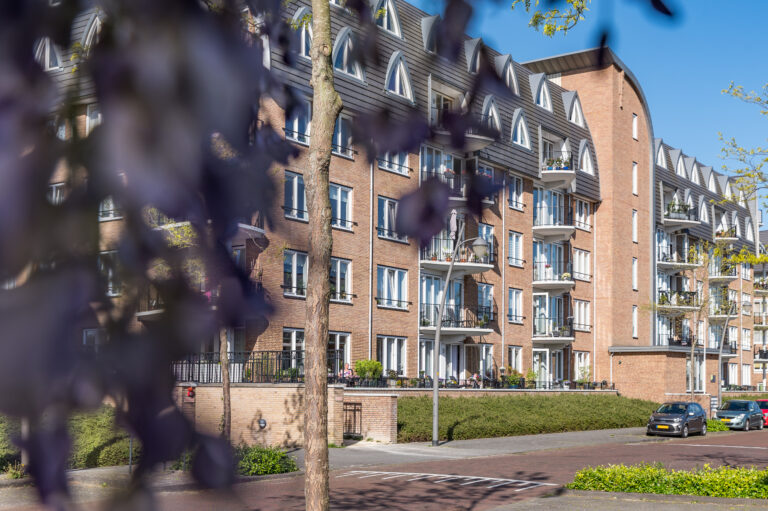Update January 2023
From January 2023, the system described below will be amended. The legislator will no longer use inflation + 1% as the maximum percentage, but average wage increase + 1%. We have made a short video (with English subtitles) explaining the developments.
Update June 2021
The Upper House of the Dutch Parliament has adopted the legislative proposal to cap rents. From 1 May 2021 to 1 May 2024, the maximum rent increase for homes in the deregulated sector will be inflation + 1%. If a rent increase of 2.4% or higher was agreed in the tenancy agreement for 2021, the increase is now capped at 2.4%. No rent increase at all is permitted for homes in the social sector in 2021. For the sake of clarity: no contractual deviation is permitted here, so even if a higher rent increase is stated in the tenancy agreement, the effective increase to the basic rent may not exceed inflation +1%. Our employees will be happy to provide customised advice on this.
Original message
Until two years ago, almost no-one in national Dutch politics was preoccupied with the deregulated rental sector, but the government has recently been working on further regulating this sector. The aim, in itself an admirable one, is to create more affordable rented housing for a group that has long been excluded: those people who earn too much to be eligible for subsidised rented properties, but too little to be able to buy their own home. Minister of the Interior and Kingdom Relations Ollongren announced her latest plan on 6 November (it had been in the air for a while); rent increases in both the subsidised and deregulated sectors will be limited to inflation + 1%.
What does this mean in practice?
In the social housing sector (in 2020 basic rent of less than €737.14) rents may not exceed the amount that is set under the housing evaluation system. Social sector rents may be increased annually as stipulated by law.
In the case of residential properties in the deregulated sector (in 2020 basic rent of €737.14 or higher), there are no restrictions on either the rent or the annual rent increase. The tenant and landlord are free to agree a rent that deviates from the point-based housing evaluation system, as well as to agree a rent increase that is not bound by any rules. This freedom in setting prices is one of the main features of the deregulated sector and perhaps the primary reason for it being called that.
The minister is now proposing to retain the freedom to agree the rent at the start of the tenancy agreement but to cap annual rent increases.

Impact
At Interhouse we believe this will have little impact in practice. In the vast majority of tenancy agreements that we draw up the parties agree to annual rent increases that are (more or less) in line with inflation. This means that our landlords often agree a lower rent increase than the one the minister is now proposing. The reason for this is often tenant satisfaction, and for those landlords with a small property portfolio the rent increase only translates into a few euros a month. Moreover, the plans as recently published only relate to the annual rent increase. This means that a new rent in line with the market may still be agreed for new tenants.
This measure will primarily affect the larger and institutional investors. They generally apply an annual increase comprising the Statistic Netherlands (CBS) rate plus a percentage higher than 1%.
Housing shortage
It never ceases to amaze me that the government persists in attempting to solve the housing shortage it has itself created by introducing yet more (excessive) regulation. Perhaps more importantly: this plan will hardly make it more attractive for (in particular institutional) investors to build, renovate or develop homes, and it’s therefore a mystery to me how this regulation can contribute to solving the housing shortage in the long term.
Even with the introduction of the abovementioned plan, investing in the residential property market remains a sound decision. However, measures such as this proposal underline once again the importance of consulting the right specialists in order to restrict risk and ensure that an investment does indeed yield the expected return.
More blogs

Temporarily letting a property meant for your studying child, this is how it works afer July 1st 2024

Temporary letting through the Vacancy Act: how to avoid vacancy and high costs

